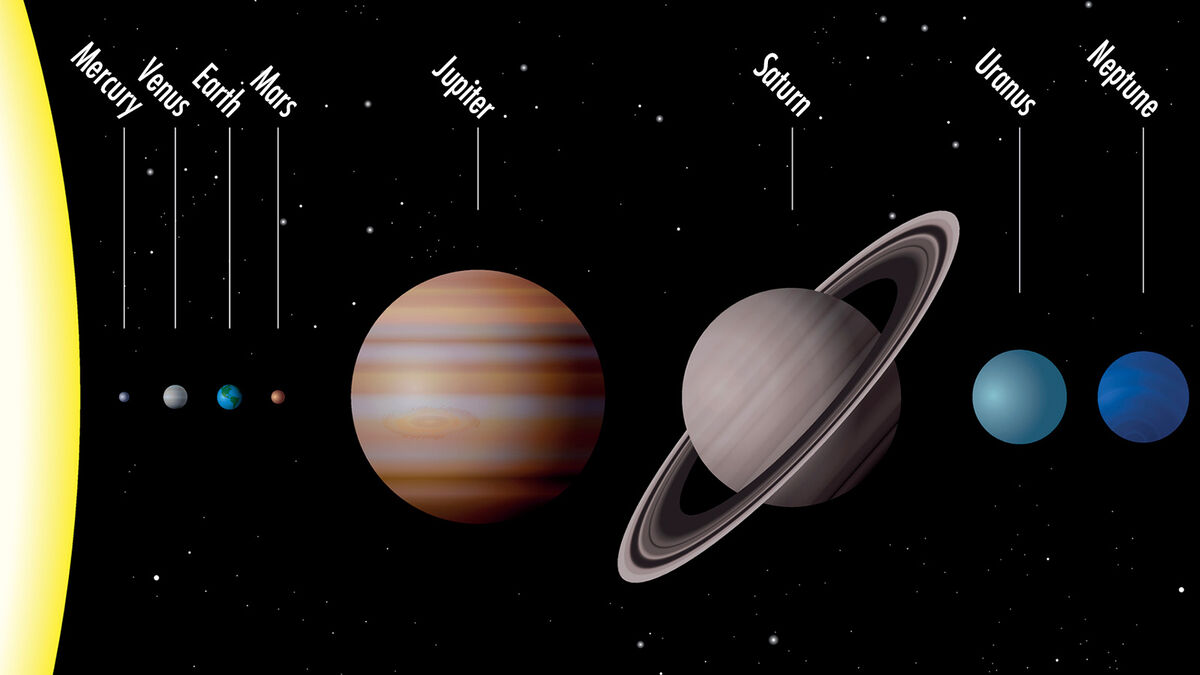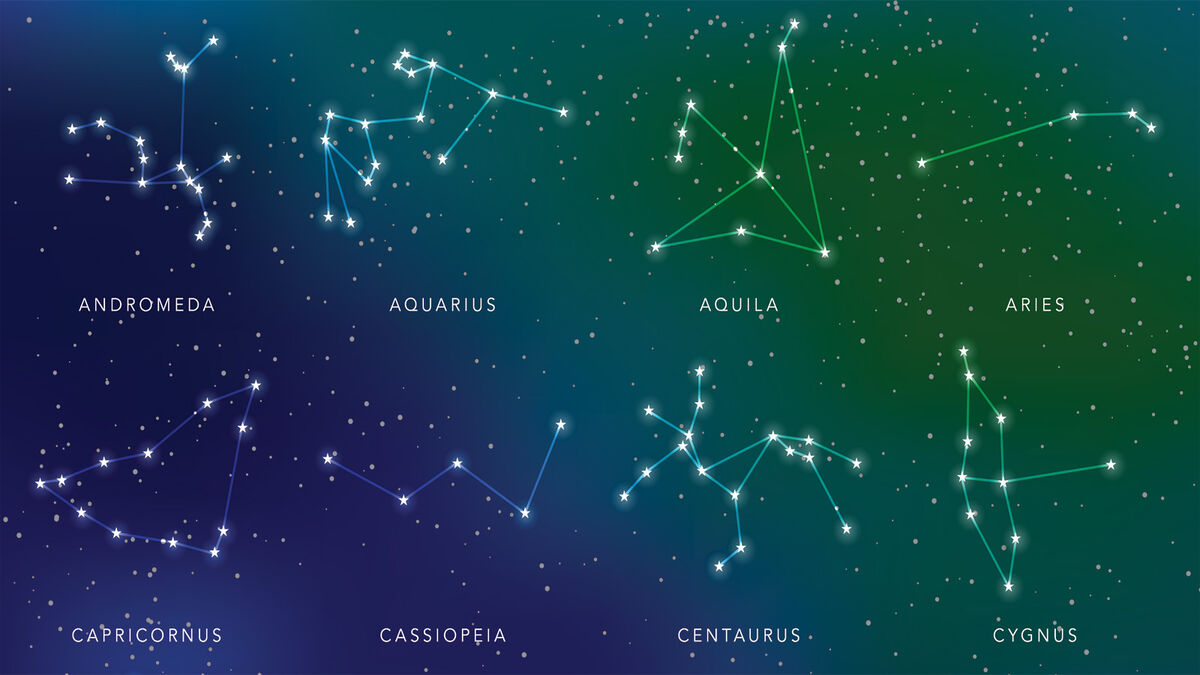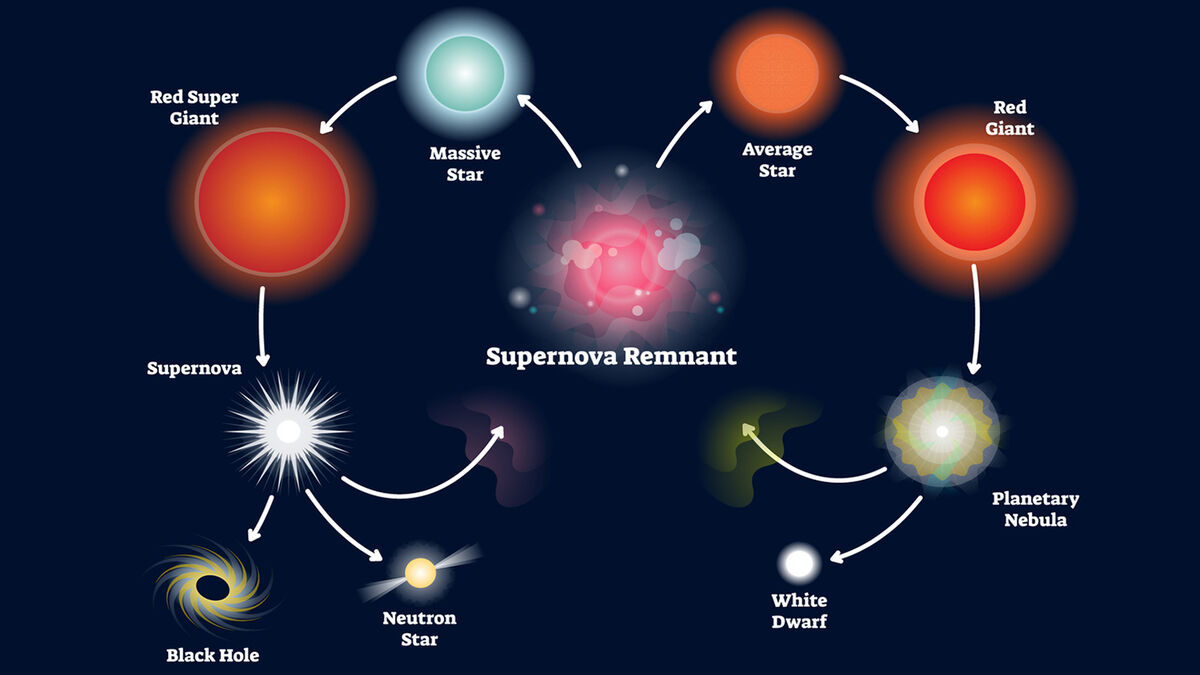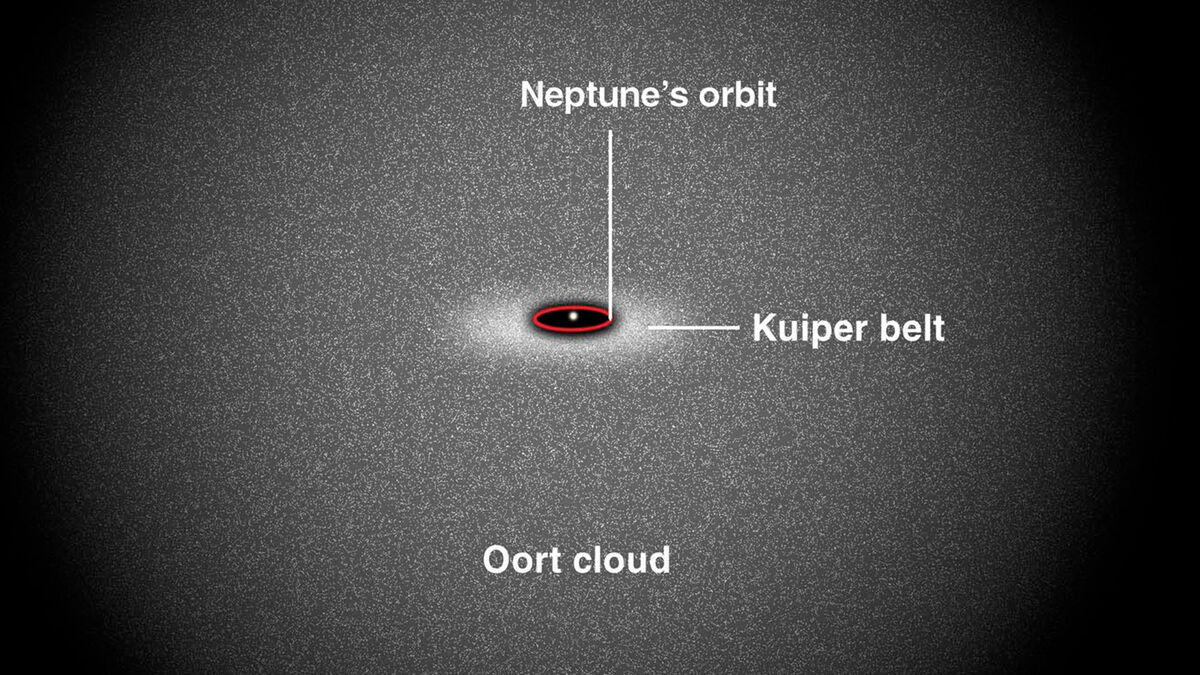
Learning about space can be exciting and confusing. Start your discovery of astronomy with a cool and simple glossary of space terms kids and adults can understand.
Planet Words
Some of the most familiar celestial bodies are the planets, especially those in our solar system.
- celestial bodies - objects that are natural and visible in the sky
- dwarf planet - object that is smaller than a planet, but is round and orbits the sun
- Ceres - a dwarf planet between Mars and Jupiter
- Earth - the planet we live on
- exoplanet - freely floating planet that goes between stars or orbits a star outside our solar system
- gas giant - large planet made mainly of helium and hydrogen
- Great Red Spot - swirl of gases that’s colorful and found on Jupiter
- Jupiter - the biggest planet in our solar system
- Mars - the fourth planet from our sun sometimes called the Red Planet
- Mercury - the planet in our solar system that’s closest to the sun
- Neptune - the planet in our solar system that’s furthest from the sun
- planet - large object that circles around the sun or any other star
- Pluto - a dwarf planet that used to be considered the planet furthest from our sun
- Saturn - planet surrounded by a system of rings
- Uranus - planet that rolls rather than spins
- Venus - planet that is similar in size to Earth
Sun, Moon, and Star Words
Explore some of the brightest objects in space with a vocabulary list related to the sun, moons, and stars.

- constellation - group of stars in the sky that form specific patterns from where you see them
- eclipse - when any celestial object blocks the light of another celestial object
- galaxy - large group of stars held together by gravity
- lodestar - a name for the North Star
- Milky Way - the galaxy we live in
- moon - an object that’s natural and moves around a bigger object that’s natural
- nebula - dust or gas cloud you find between stars
- neutron star - star made out of uncharged nucleons, or the parts that make up a nucleus
- shooting star - a meteor
- solar flare - particles and energy that burst from the sun at once
- star - shining gas held in a ball by its own gravity
- Sun - the star in the middle of our solar system
- supernova - bright explosion of a star
- white dwarf - what’s left after a star collapses
List of Other Things You Find in Space
Planets, moons, the sun, and stars aren’t the only things you can see in space.

- asteroid - small or large rocks that float around in space
- aurora australis (Southern Lights) - bands of light appearing in the sky near the South Pole
- aurora borealis (Northern Lights) - bands of light appearing in the sky near the North Pole
- black hole - a place found in space that matter and light can’t get out of if they fall in
- comet - a rock that’s icy and lets off dust and gas as it flies through space
- Kuiper Belt - ring of icy objects, like Pluto, beyond Neptune’s orbit
- meteor - streak of light formed when a meteoroid enters a planet’s atmosphere
- meteorite - name for a meteoroid that has landed on a planet’s surface
- meteoroid - small chunk of rock floating in space
- pulsar - an object that lets off radio waves or other electromagnetic radiation
- quasar - area in the middle of a big galaxy that surrounds a giant black hole
Words That Describe Space
Figuring out how to accurately describe space can be a challenge. This list of descriptive space vocabulary can help you find the right words to use.

- atmosphere - gases around the Earth and other planets that are held there by gravity
- astral - something that relates to the stars
- cosmos - the universe as a whole
- electromagnetic spectrum - all the different types of energy and light in the universe
- extraterrestrial - things that exist on planets other than Earth
- gravity - the force that pulls what everything is made of together
- intergalactic - travel between galaxies
- interstellar - between stars
- Oort cloud - shell around our solar system in the shape of a sphere
- solar system - a set of space objects that includes a star and everything that orbits that star
- universe - everything ever, including all of space and time
- vast - large space
List of Astronomy Tools and Measurements
Astronomers, or the scientists who study matter and objects in space, use cool tools and measurements to explore the universe.
- astrolabe - a medieval tool or instrument used to measure a star’s altitude
- light year - the distance light travels in one year
- observatory - a building made for looking at a large area surrounding you
- orbit - the curved path something travels along as it goes around another object
- quadrant - a tool used long ago to measure the altitude of celestial objects
- supermassive - description of objects with a million or more times mass than our sun
- telescope - tool that makes far away objects look closer
Discover Space Vocabulary
When you learn new words about astronomy and space, you embark on your own journey of discovery! Continue your space exploration from home and discover fun space facts like when Galileo discovered Jupiter or browse a resource like a list of comets. From there, explore some fun space facts about planets and galaxies. You can also check out more extensive astronomy dictionaries to learn more space words.